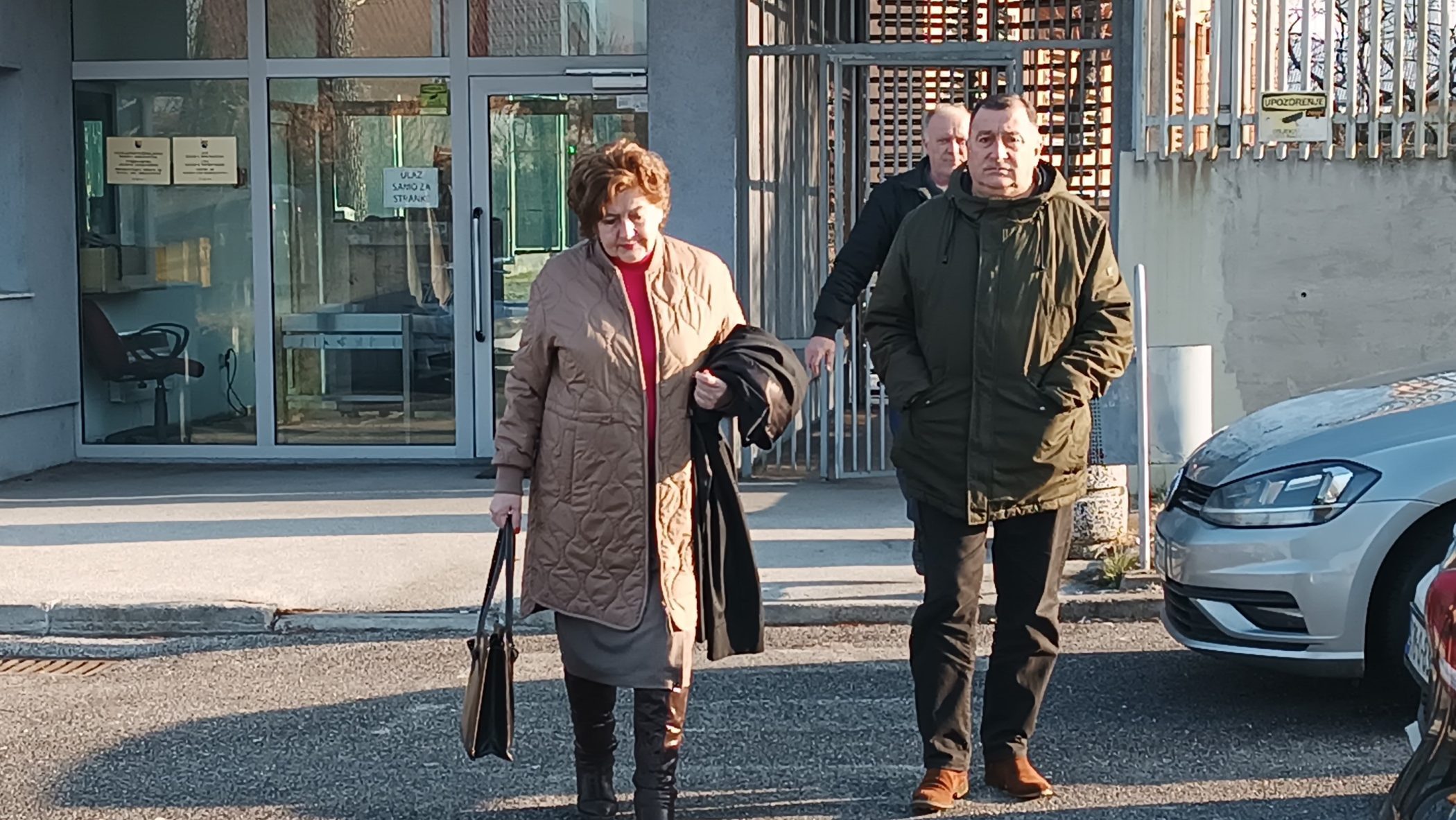This post is also available in: Bosnian
“She informed me that all of them were arrested and taken away. She just said that soldiers came and took them away. She did not know those soldiers. After the war we heard that they had been killed at Mostina and that the murders were committed in revenge of a duke, who was killed,” Sisic said.
Sisic, who was 14 years old in 1992, told the Court that he left Cajnice, together with his mother and sister, in May 1992, while his father and grandmother stayed in Brdo village, Cajnice municipality.
“My grandmother and father stayed in the village. Grandfather never fled, while my father did not dare leave, because he heard that they had people get off buses at Mostina and took them to detention camps. We heard that this was done by Kornjaca’s men,” the witness said, adding that, while he was a refugee in Pljevlja, Montenegro, he found out that Milun Kornjaca had his army, called “Plavi orlovi” (“Blue Eagles”).
The Prosecution of Bosnia and Herzegovina charges the persecution of Bosniaks from Cajnice area and murder of 11 civilians at Mostina on May 19, 1992 upon Milun Kornjaca, Milorad Zivkovic, known as Zika, and Dusko Tadic, known as Rus.
The indictment alleges that Kornjaca was Commander of the “Plavi orlovi” paramilitary unit, Zivkovic was Chief of the Public Safety Station in Cajnice and Tadic was a member of the “Plavi orlovi”.
The witness said that, after his father had been taken to Mostina, his grandmother came to Pljevlja and told them that his father had been taken away along with other men from their village. The witness said that his father’s body was found and identified.
“Corpse number 605 belonged to my father. I recognized him by his two front teeth, belt, boots and bank cheque book. I was sure it was him, but I waited for the DNA test results, which confirmed, with a hundred percent certainty, that this was my father,” Sisic said, adding that a pathologist told him that his father died due to multiple injuries on the left side of his skull.
“He was killed because his name was Dzemail (…), because he was a Bosniak. He never did any harm to anybody. I do not know what else can be the reason,” Sisic said. He told the Court that his father was buried in March 2004. The Prosecution presented a death certificate for Dzemail Sisic as material evidence.
It was originally planned that Ajka Fazlagic would testify at this hearing as State Prosecution witness, but she died four years ago.
The trial is due to continue on December 5 this year.


